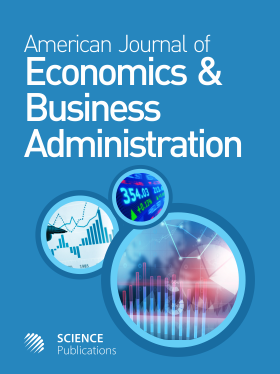Security Extensible Access Control Markup Language Policy Integration Based on Role-Based Access Control Model in Healthcare Collaborative Environments
- 1 University Putra Malaysia, Malaysia
- 2 University Putra Malaysia 43400 UPM, Malaysia
Abstract
Recently research is focused on security policy integration and conflict reconciliation among various healthcare organizations. Problem statement: However, challenging security and privacy risk issues still arisen during sharing sensitive patient data in different large distributed organizations. Though eXtensible Access Control Markup Language (XACML) has a powerful capacity of expression, it does not support all the elements character of RBAC. Thus, it has not been built to manage security in large distributed systems in healthcare domain since each organization may join or leave at runtime. The policy redundancy and conflict resolution are important to resolve redundancy and inconsistencies before security policies can be integrated for healthcare collaboration. Existing approaches did not look at policy redundancy and conflict resolution process based on the types of redundancy and conflict for dynamic set of organizations collaboration. Besides that, a policy integration mechanism in order to generate actual security policy integration is not in well studied. Approach: In this study, we proposed an approach for integrating security XACML policies based on RBAC policy model considering both constraints and meta data information. Besides that, an approach to filter and collect only the required policies from different organizations based on user’s integration requirements is investigated. It is important for us to resolve policy redundancy and conflicts based on the types of policy redundancy and conflicts. Results: From the observation and literature analysis, it can be concluded that our work could provide the maximum confidence for pre-compile a large amount of policies and only return the most similar policies for policy integration. Besides that, our approach proved that the more restrict policy will be generated during the policy integration. Conclusion: Our work can guarantee the completeness as well as consistency of the access control policy. It is recommended that the dynamic constraints such as dynamic Separation Of Duty (SOD) should be considered because we believe this consideration can support dynamic updates and control policies in collaborative environments.
DOI: https://doi.org/10.3844/ajebasp.2011.101.111

- 5,244 Views
- 3,037 Downloads
- 1 Citations
Download
Keywords
- XACML
- security policy integration
- role-based access control
- collaborative environment
- redundancy
- conflict
- Separation Of Duty (SOD)
- Role-Based Access Control (RBAC)
- Discretionary Access Control (DAC)
